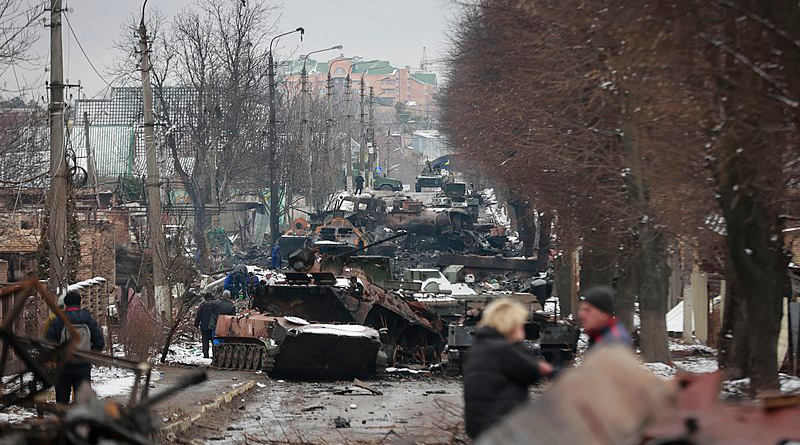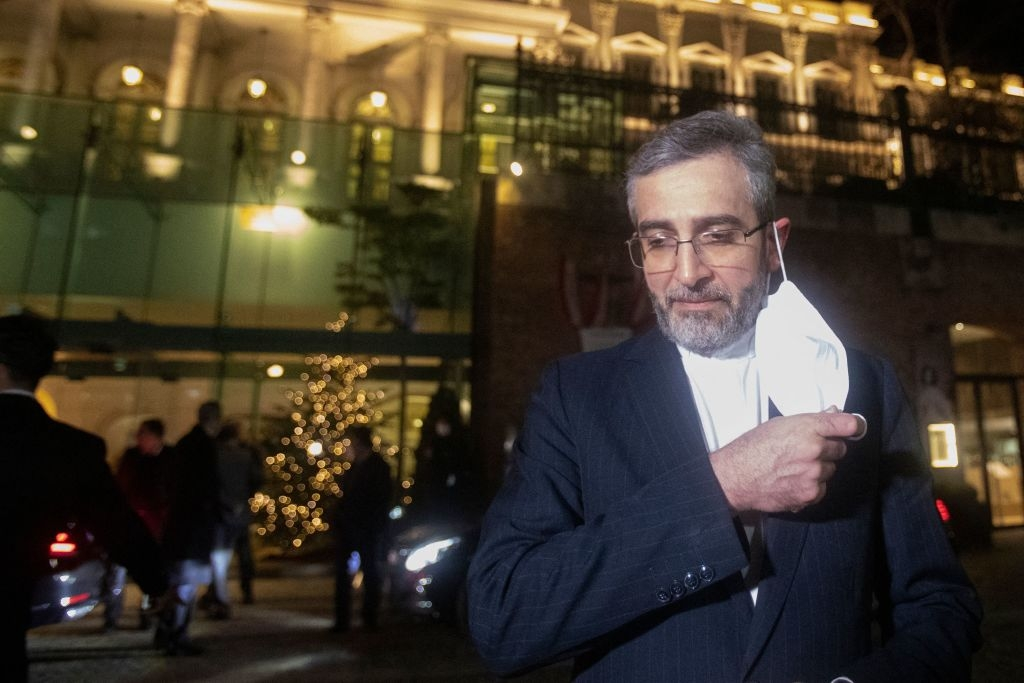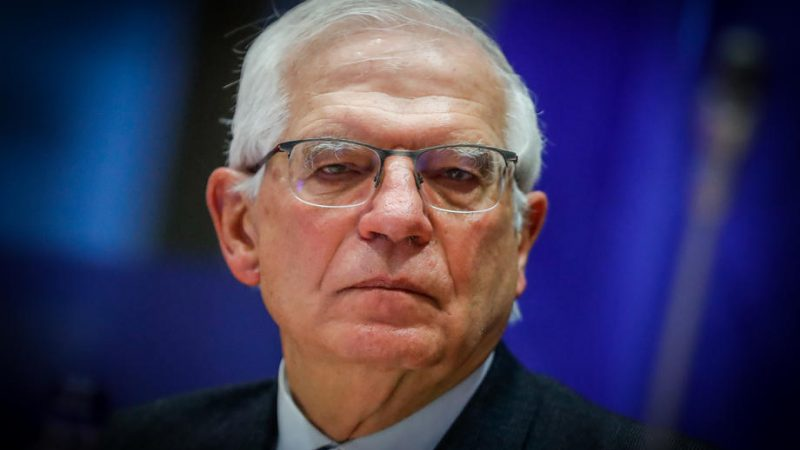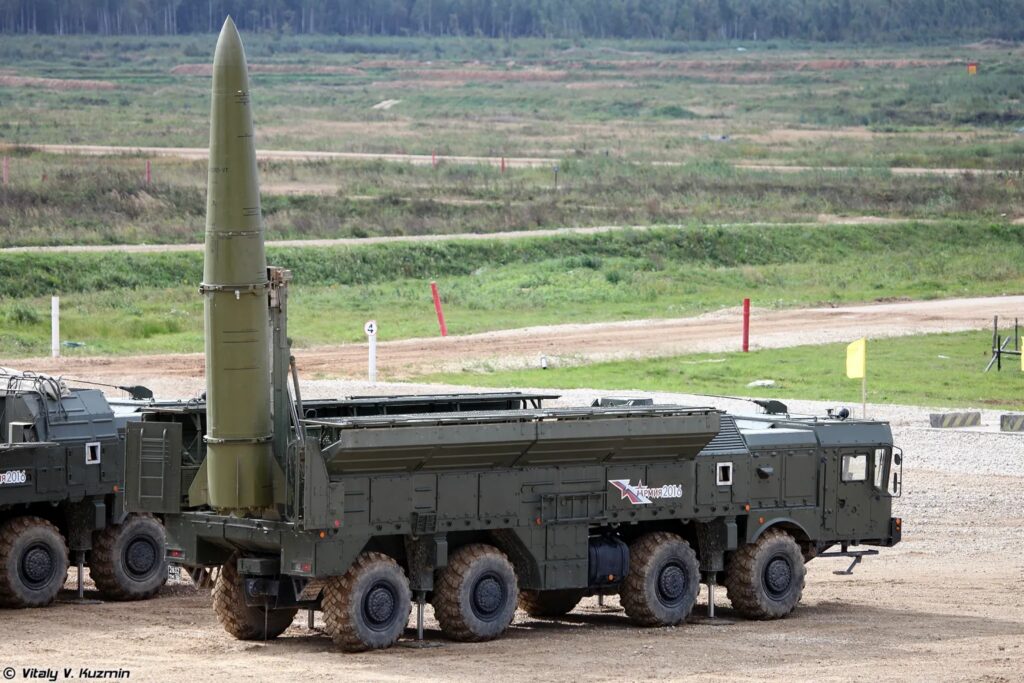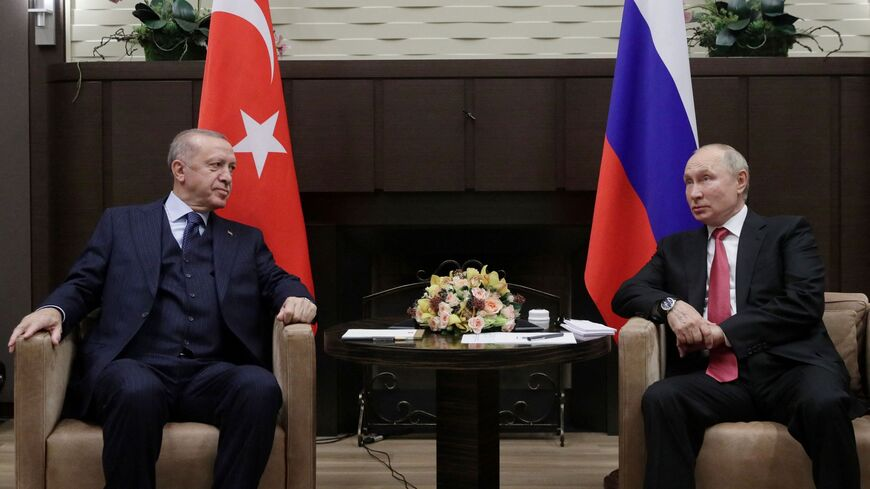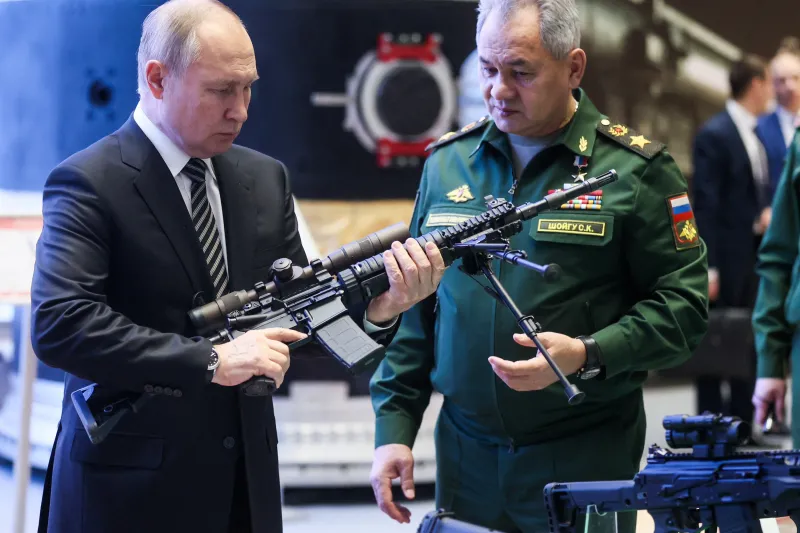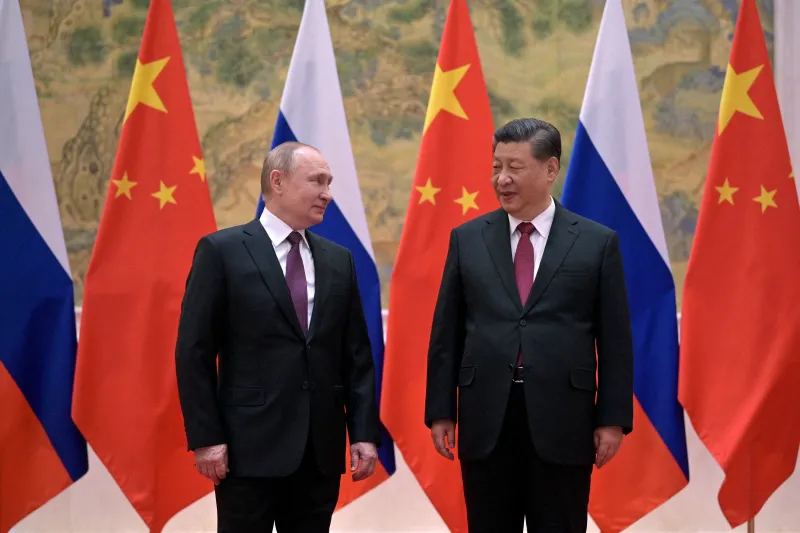How Great Power Rivalries Are Putting South Asian States In Difficult Positions?

The Quad-China rivalry and ‘scramble’ for Indo-Pacific have made the region, especially South Asia, geopolitically significant within a few years. For the last two decades, the region had the least priority in the US foreign policy as it was busy with its costly Middle East policy. But after the rise of China, the region has become important to the US foreign policy to ‘contain’ China.

